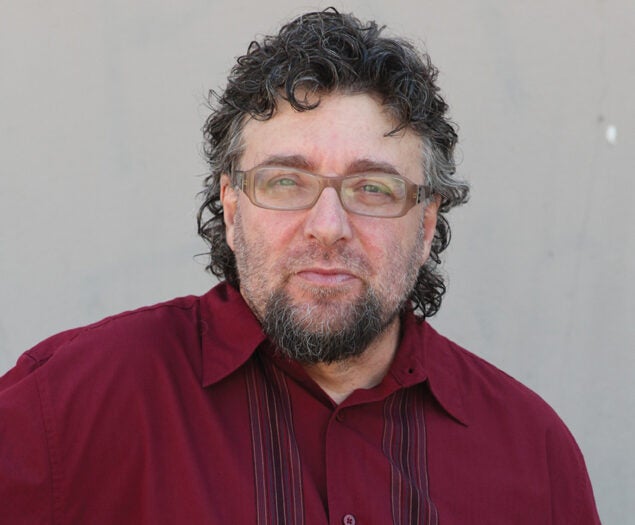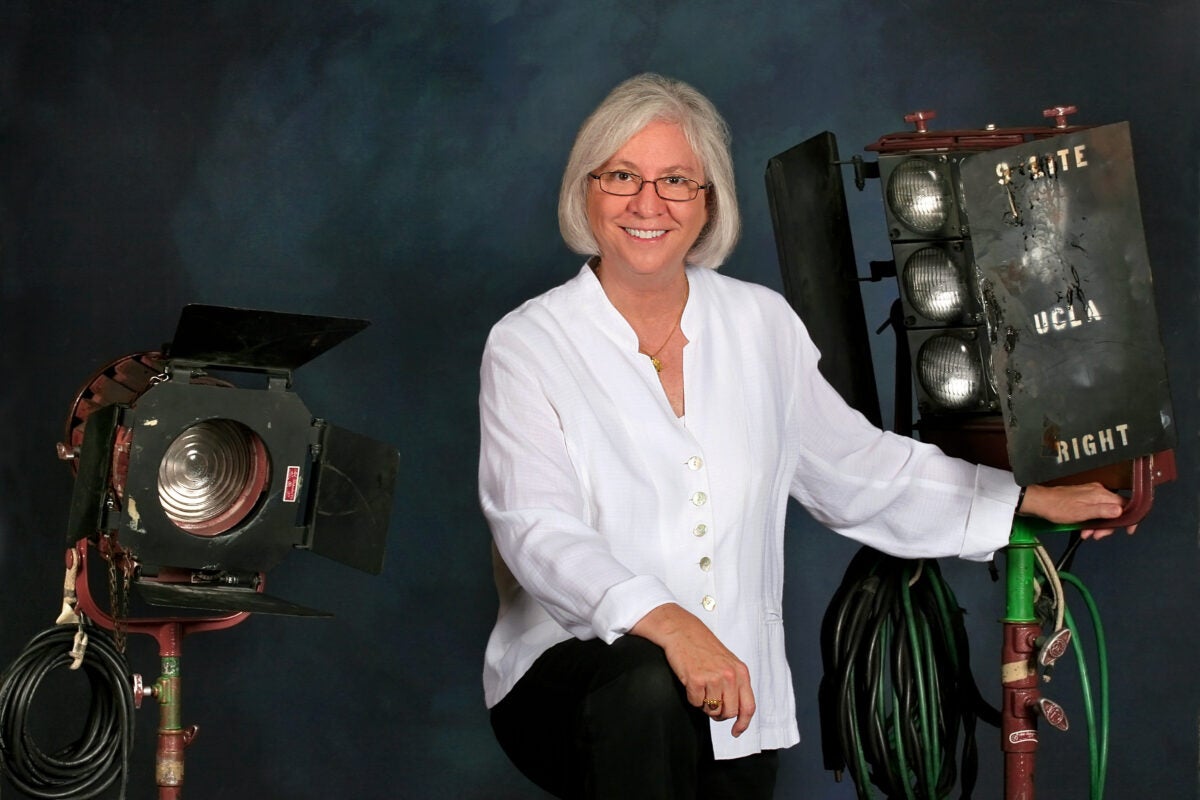
Robert A. Rushing
Professor, Department of European Languages & Transcultural Studies
Professor Rushing teaches, researches and publishes on 20th- and 21st-century Italian literature, culture and film, including contemporary Italian fiction, film and television; critical and interpretive theory (especially gender and sexuality, psychoanalysis, biopolitics, and environmental humanities); popular culture, in both film and television (Mad Men and Orphan Black); comparative studies; and genre. He has published articles on topics ranging from Italo Calvino and Ovid to Mad Men and Antonioni, and he has a particular interest in popular genres, including Italian Westerns, science fiction (especially apocalyptic and post-apocalyptic cinema), commedia all’italiana and the “peplum” or the sword-and-sandals film. His most recent book, Descended from Hercules: Biopolitics and the Muscled Male Body on Screen, covers a century of peplum films from Cabiria to 300, and is the winner of the 2016 AAIS (American Association for Italian Studies) Film/Media book prize. Recent articles include work on cross-dressing in Italian silent cinema, the use of sound in peplum cinema, the importance of transnational movement in European detective fiction, and the “radical idealism” of plants in the work of Luigi Serafini and Leo Lionni.
His forthcoming book, Acoustic Afterlives: Calvino’s Transnational and Transmedial Resonance (Fordham University Press, Fall 2025), is on the transnational influence of Italo Calvino, arguing that Calvino’s influence is more powerfully felt outside of Italy than within, and more outside of literature than within (art, architecture, community engagement, painting, dance, music and much more). The book is particularly interested in Calvino’s influence on music and dance (Cerrone, Mezzacappa, Ramaswamy), and contends Calvino’s case can teach us about an acoustic model of influence and reception — namely resonance — that is much better than our usual theories of influence and reception.


